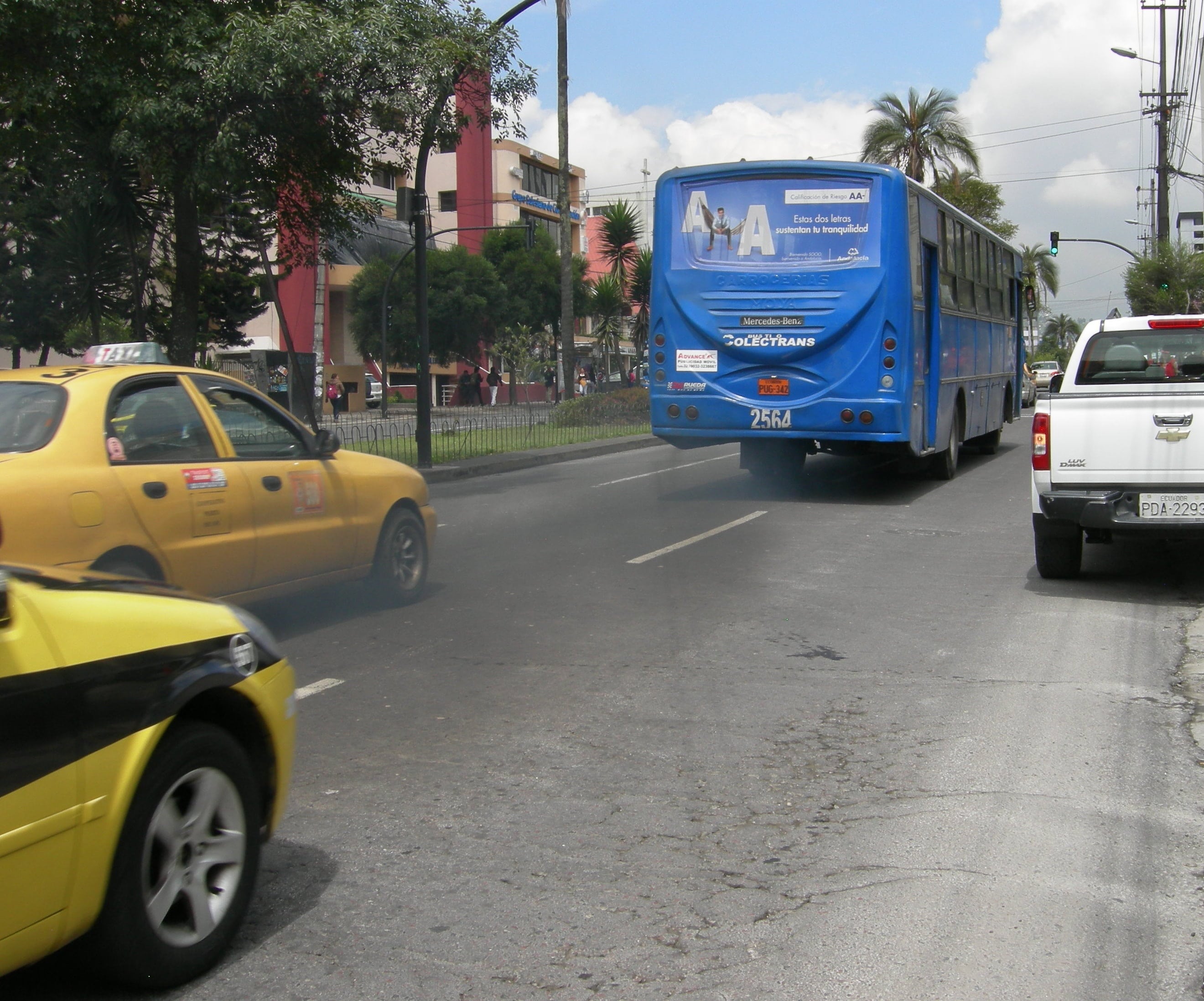Early exposure to pollution linked to childhood obesity

New research by the University of Southern California finds that exposure to air pollution at a young age increases the risk of childhood obesity.
High levels of nitrogen dioxide from diesel vehicles in the first year of a child’s life led to significantly faster weight gain. Lead researcher Jennifer Kim said: “We would urge parents to be mindful where their young children spend their time, especially considering if those areas are near major roads.”
The World Health Organization (WHO) last week reported that 90% of children around the world are breathing unsafe air. Concerns are rising over the impact this will have on both their physical and mental health.
The University’s research investigated the impact of air pollution from busy roads in the first year of life on 2,318 children and found that by the age of 10, those experiencing higher levels of exposure at an earlier age were almost 1kg heavier on average than their peers who were not exposed to the same high level pollution.
The researchers accounted for other variables including gender, ethnicity, and parental education and believe it is unlikely that variations in diet could be the reason behind the strong link found. They believe that the reason for weight gain following early exposure to pollution is: “inflammation of body systems like the lungs which may spill over into the entire body—the brain which regulates appetite and changes in fat metabolism.”
IZA author, Susan L. Averett writes about the hidden private cost of obesity in her article Obesity and labor market outcomes. “Rising obesity is not only a pressing global public health problem. There is also substantial evidence that obese people, particularly women, are less likely to be employed and, when employed, are likely to earn lower wages,” argues Averett. If obese children grow up to be overweight adults, this can therefore have serious consequences on their participation in the labor market.
Read more articles on health and well-being.